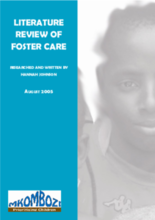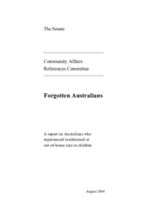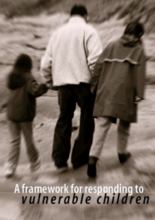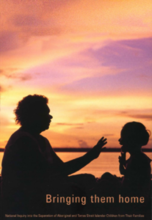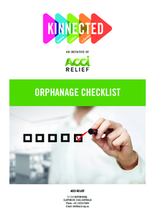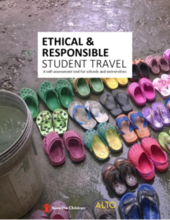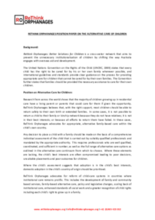Displaying 571 - 579 of 579
A brief overview of foster care practice in the UK, Australia, South Africa, Uganda, and Tanzania. It includes information and lessons learnt on how caregivers are recruited and trained in these countries, how a child is placed, and how family support services are offered.
Upwards of, and possibly more than 500 000 Australians experienced care in an orphanage, Home or other form of out-of-home care during the last century. This report shares their stories.
Discusses the value of the UK Children in Need assessment framework for use by Victorian Family Services (Australia).
This report from Australia's Human Rights and Equal Opportunity Commission aimed to trace the past laws, practices and policies which resulted in the separation of Aboriginal and Torres Strait Islander children from their families by compulsion, duress or undue influence, and the effects of those laws, practices and policies.
This substudy aimed to contribute to a larger study—the Ripple project—through exploring the experiences of practitioners working across child welfare and mental health services regarding collaboration in the care of young people; and to identify practices that might enhance collaborative work and improve mental health outcomes.
This checklist was developed by Kinnected, an initiative of ACCI Relief in Australia, to guide donors and supporters of orphanages in understanding how the orphanages they support are being run and how well they are aligning with best practices.
This Self-Assessment Tool has been developed for use by educational institutions to assist with due diligence in the planning and implementation of overseas student travel.
This toolkit is designed to help communicators in the field to translate the science of early childhood development and mental health in the Australian context, in order to increase support for evidence-based programs and policies designed to improve child and social outcomes in Australia.
This position paper from ReThink Orphanages explains ReThink's position on the alternative care of children and what are the most favorable forms of alternative care, in the best interests of children.

